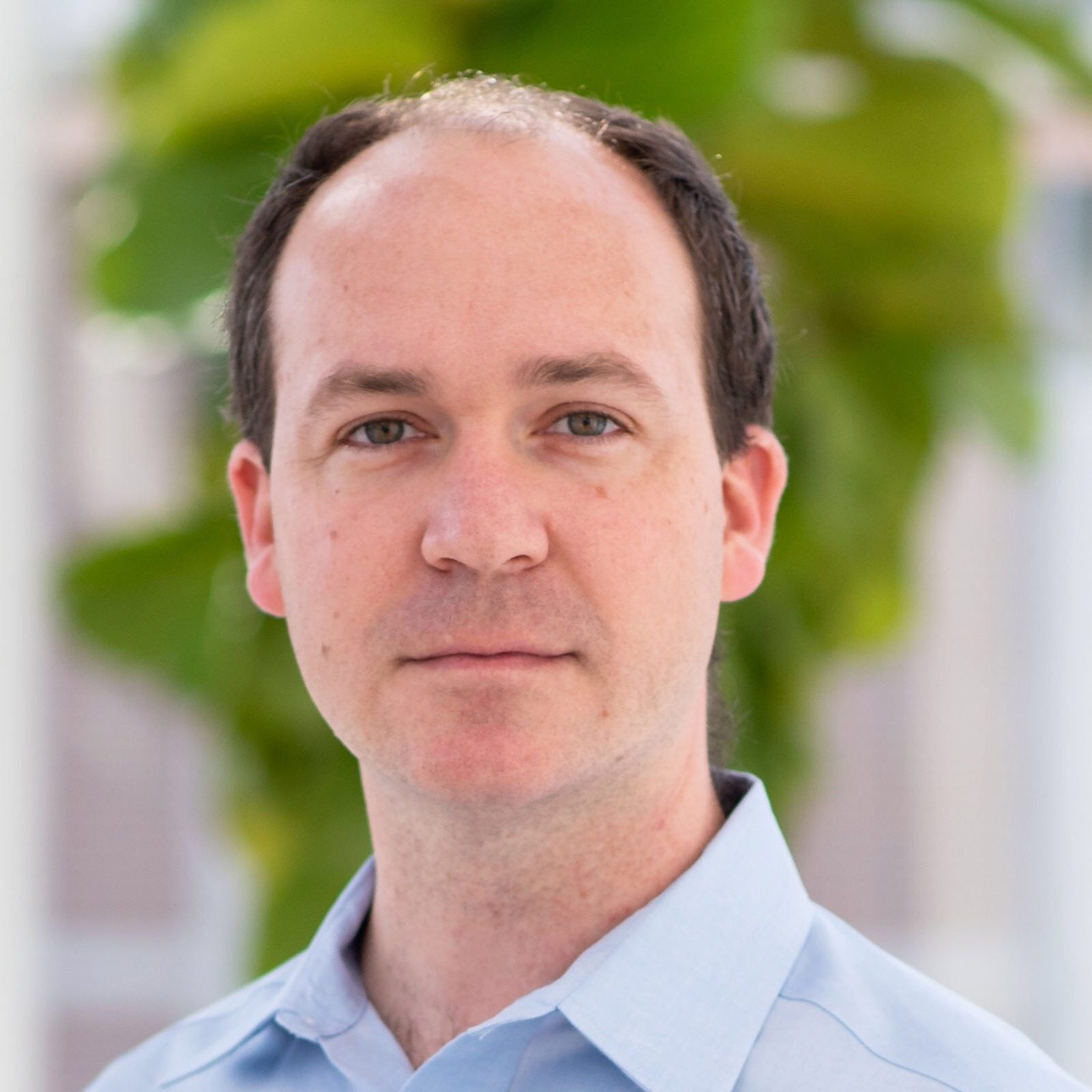
January 29, 2020
4-5pm
All organisms strive to prevent genetic mutation in the face of agents that can damage their genetic material and the possibility that errors can occur whenever their DNA is replicated. In my lab, we use new gene editing biotechnologies, which allow us to insert targeted ‘pre-mutational’ DNA lesions directly into specific locations of an organism’s genome, as a way to understand how the cellular mechanisms that repair damaged DNA perform their functions in living cells. Conversely, we also use insights fromthese studies and tools from molecular biophysics to engineer gene editing biotechnologies that are better able to introduce targeted genetic mutations for new biomedical and therapeutic applications. For the first part of the seminar, I will discuss how we use gene editing techniques to deconstruct the molecular mechanisms of DNA mismatch repair (MMR) pathways, the cellular processes that prevent spontaneous mutational events during DNA replication and which play an important role across many aspects of human health and disease—like the response of cancers to chemotherapeutics, the onset of genetic neuromuscular disorders, and the emergence of antibiotic resistance in pathogenic bacteria. The second part, I will talk about our work using insights from our earlier “nanoscopic” studies of the CRISPR-Cas9 gene editing system to develop new CRISPR variants that are better able to introduce targeted mutations at specific therapeutically-relevant genomic sites while inhibiting the possibility of spurious mutational events at unwanted locations, an important pre-requisite before clinical application of these technologies.Finally I will talk about current work in the Josephs lab focused on developing nascent/exotic gene editing tools for therapeutic applications and for probing and manipulating DNA repair mechanisms in vivo.